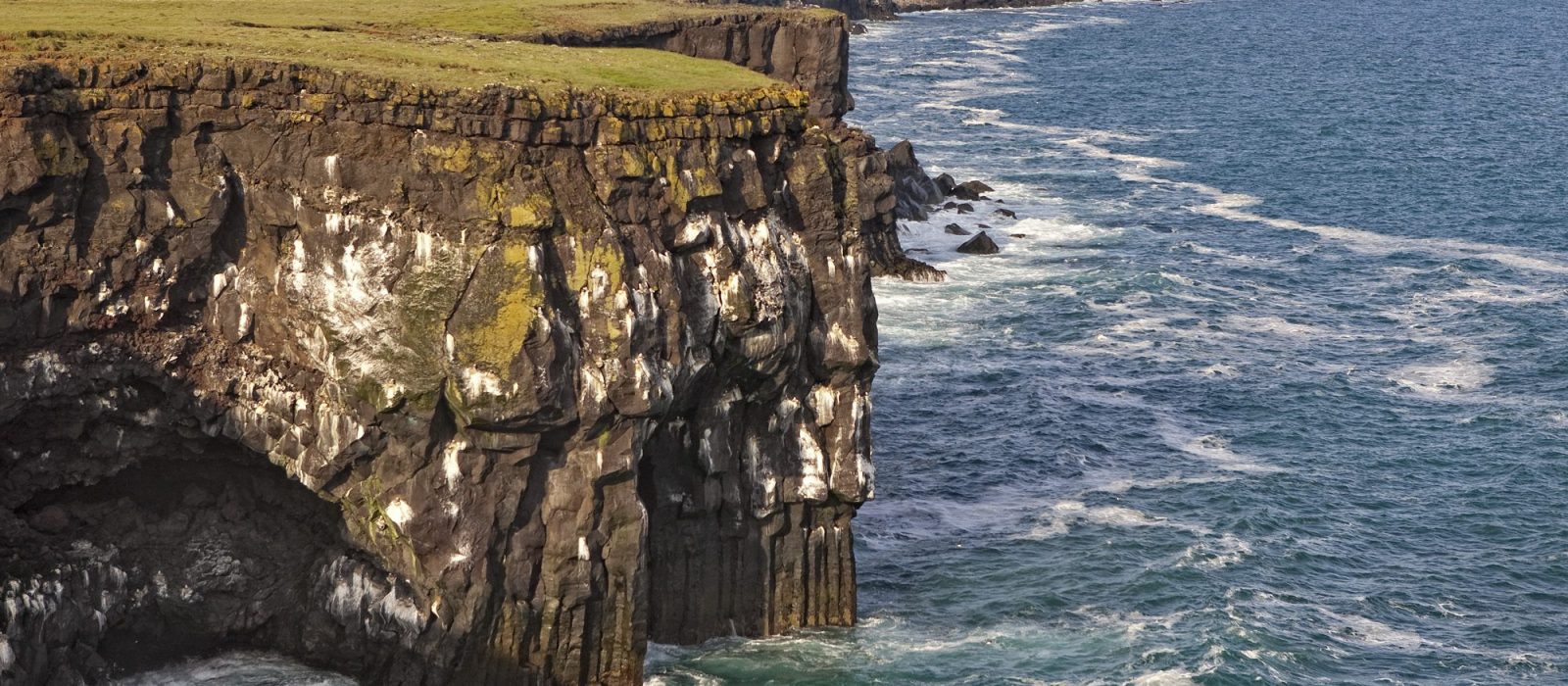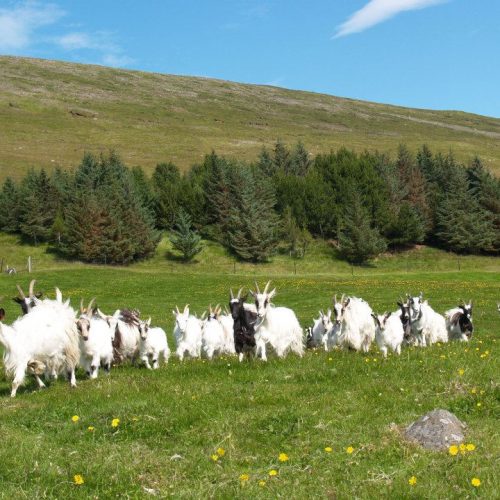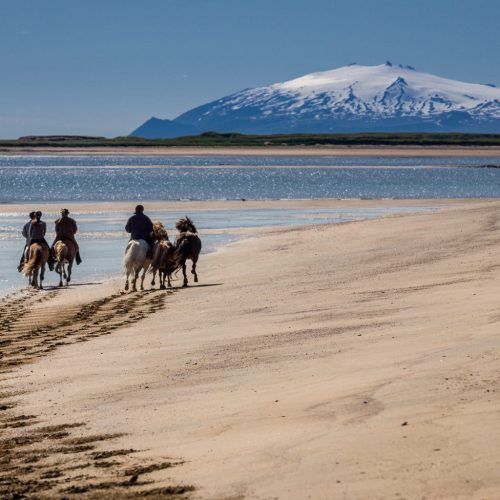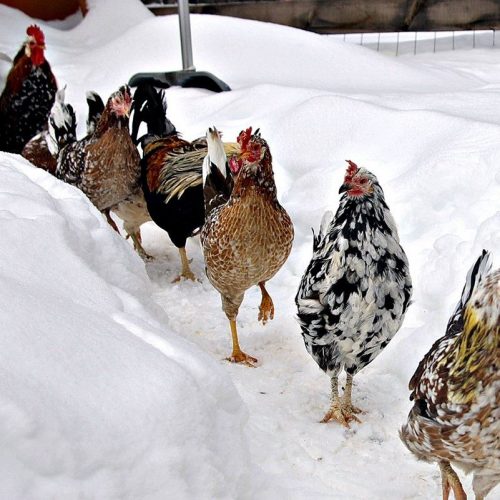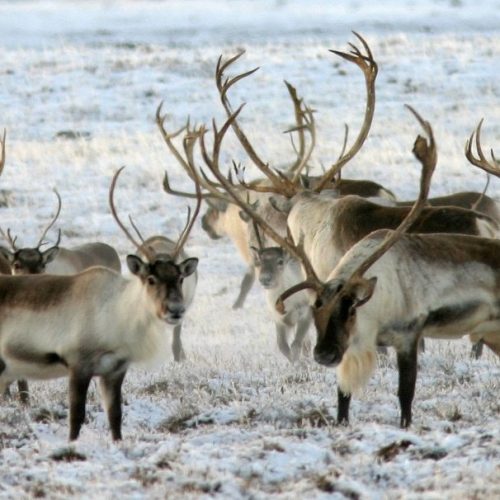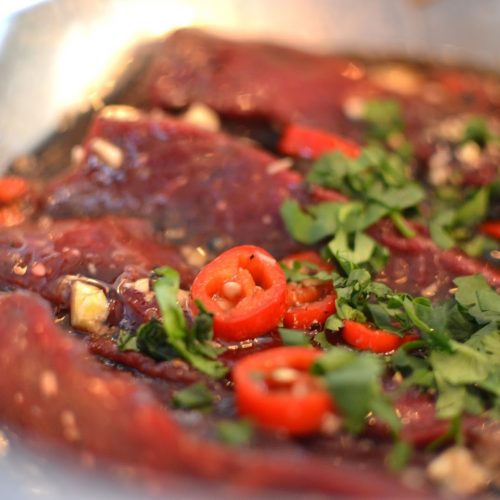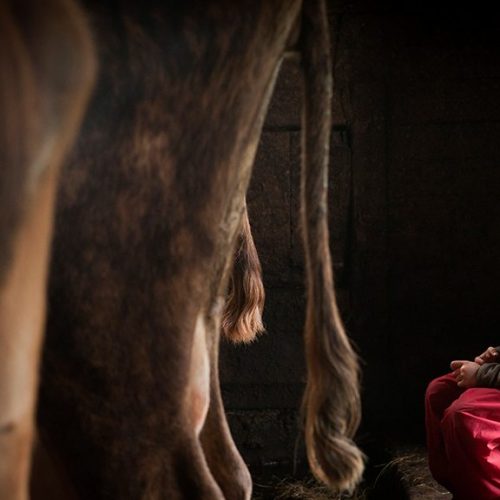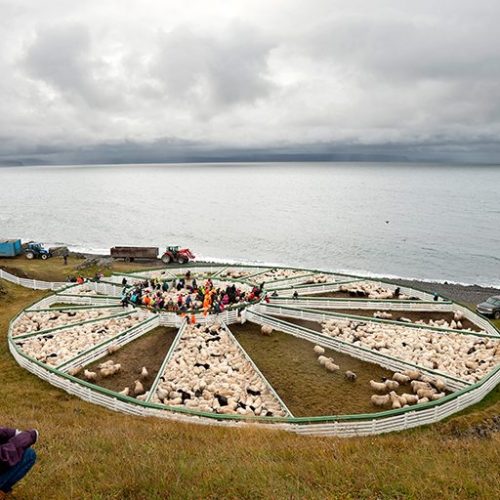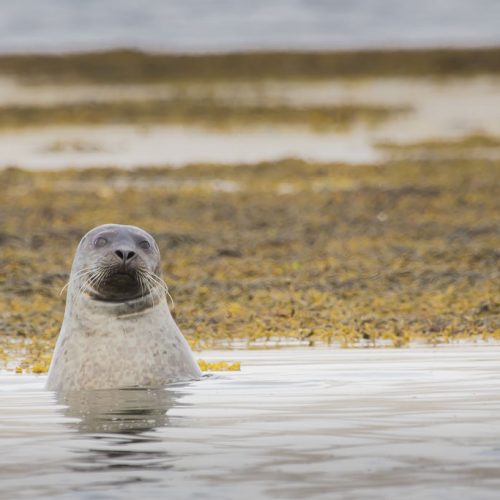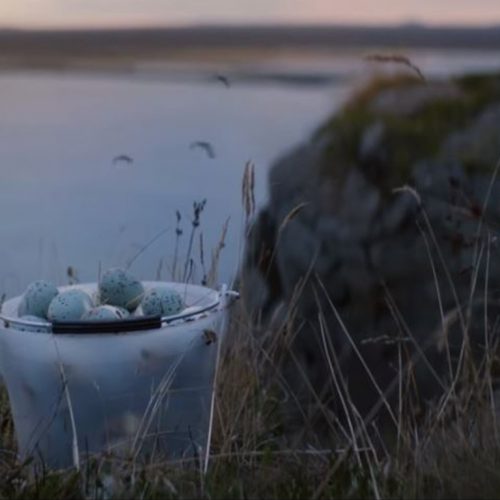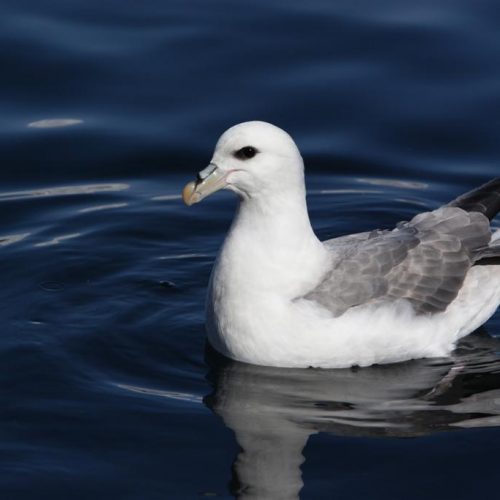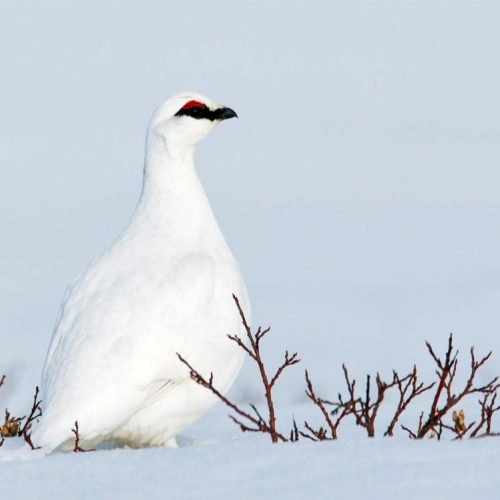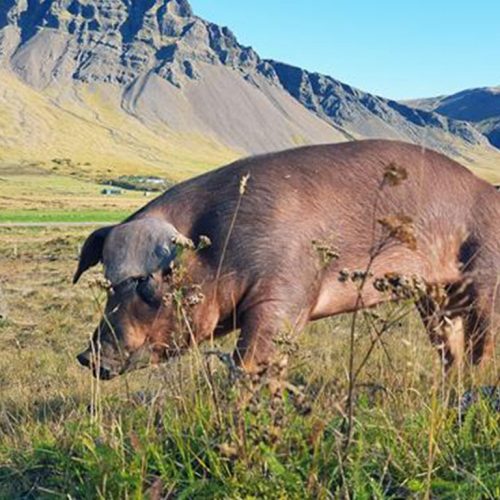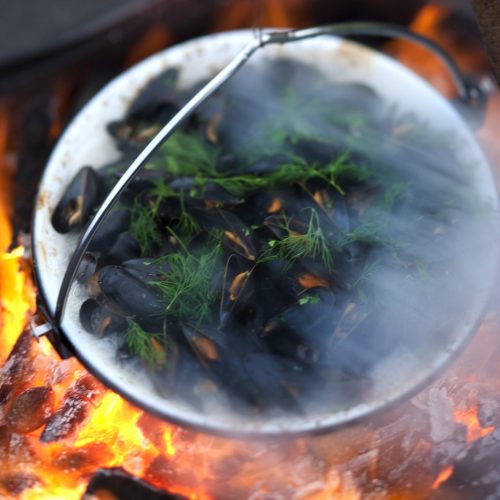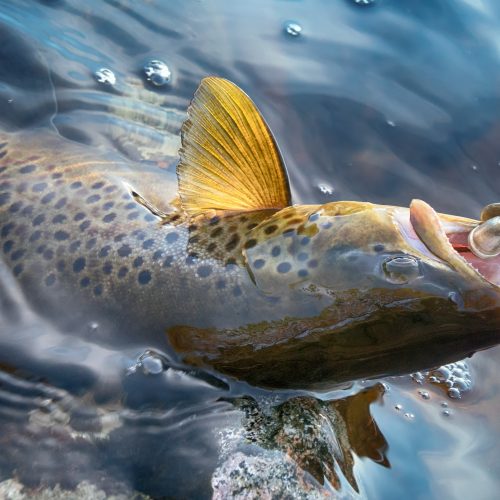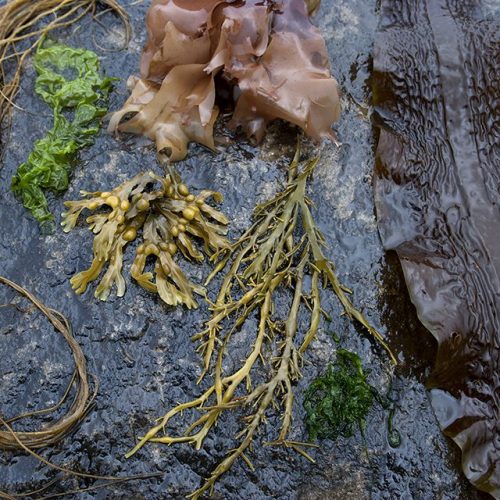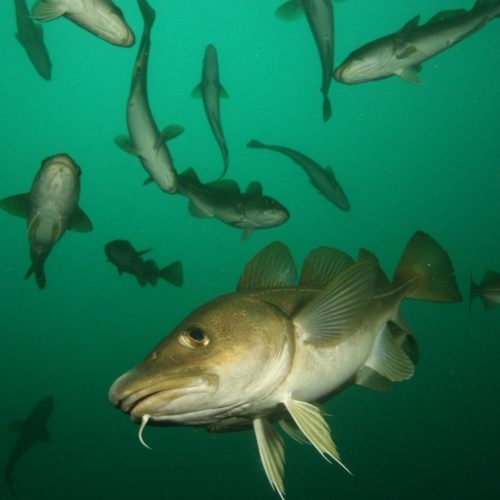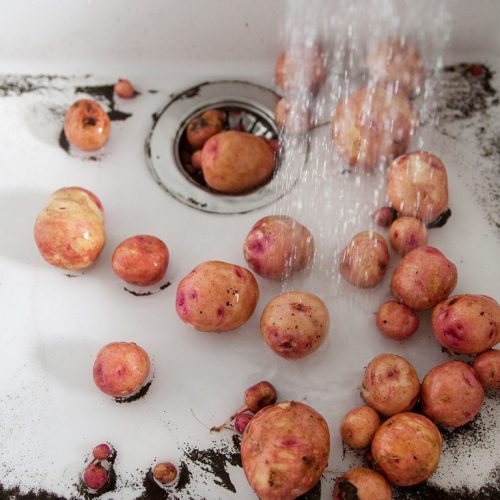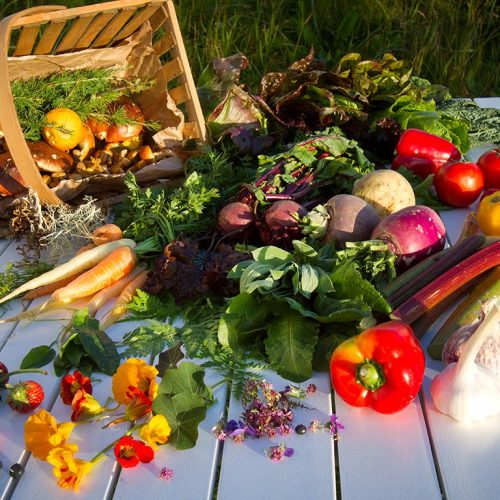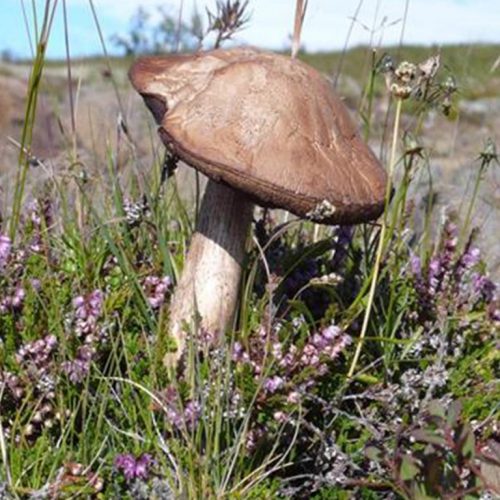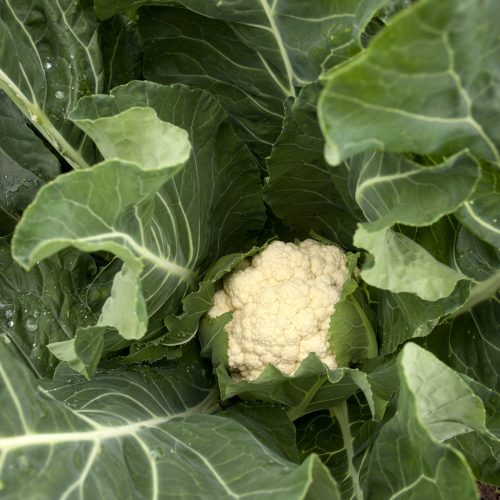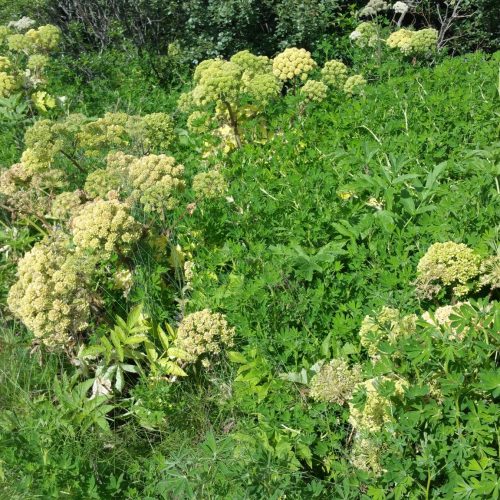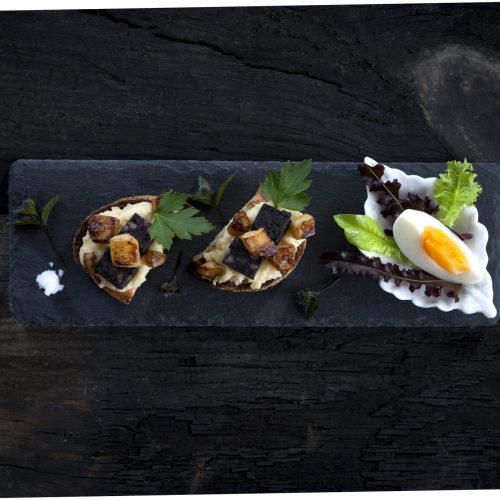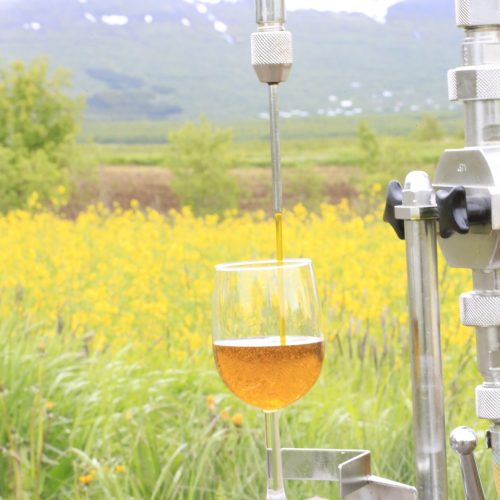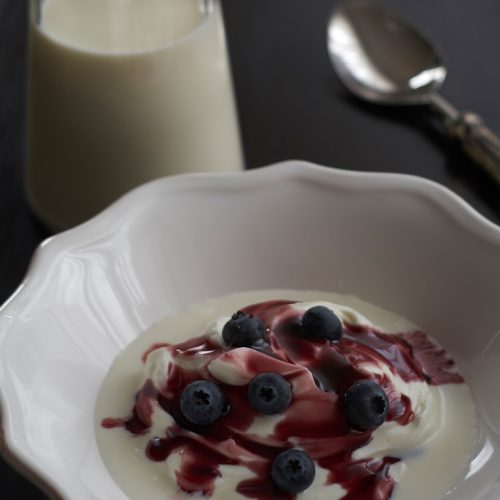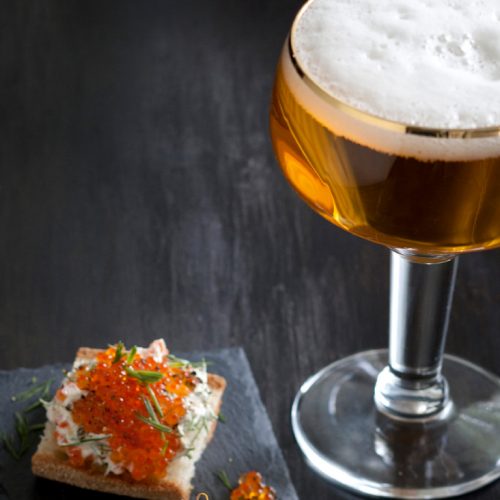The uniqueness and purity of Icelandic raw materials are the foundation of Iceland’s image as a culinary country. Favorable conditions allow Icelanders to produce quality food based on sustainable development, although there is always room for improvement. We need to keep in mind that the importance of the Arctic as a source of food will increase in the coming years and decades.
We have pure waters, low air pollution and access to renewable energy, an area in which Icelanders are a global leader. We have fewer plant and animal diseases and the use of antibiotics in livestock farming is minimal. The low usage of antibiotics along with preventative measures against the spread of antibiotic-resistant bacteria, e.g., campylobacter and salmonella, have reduced the risk of foodborne infections. In recent years, the rate of salmonella and campylobacter infections in humans has been consistently lower in Iceland than in most neighboring countries. This was also the case in 2016. Growth-stimulating hormones for livestock are banned in Iceland, as they are in Europe and the use of fertilizer and pesticides is minimal. Fishing in Iceland is wholly sustainable. Outstanding work is done to ensure that the fish stocks and the ocean environment are a continuing resource for the country.
